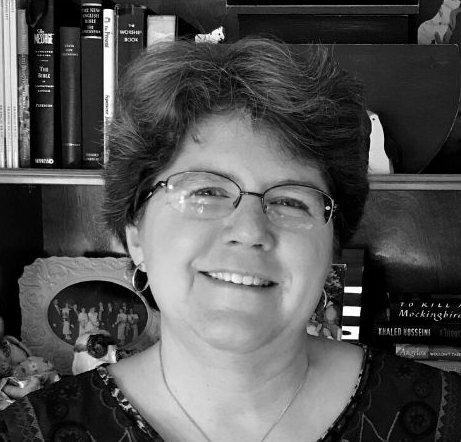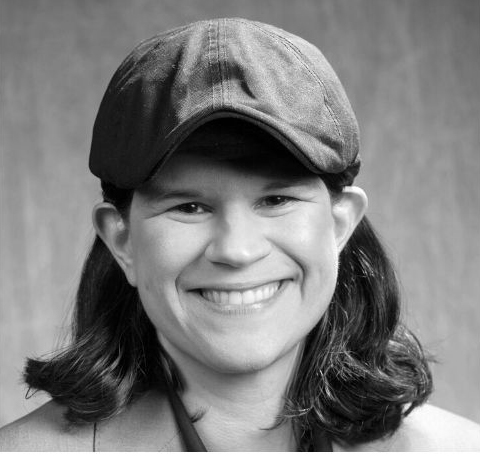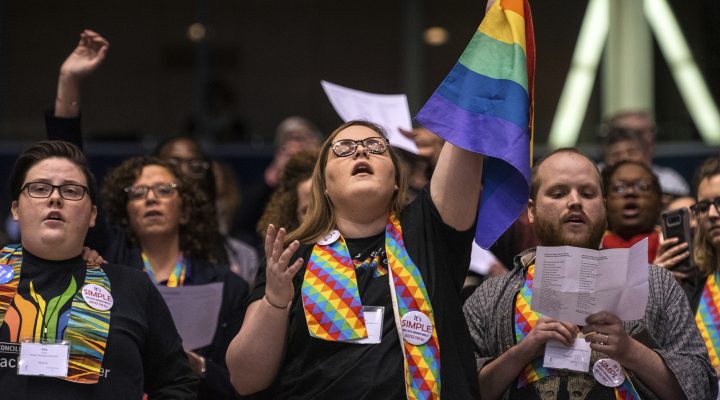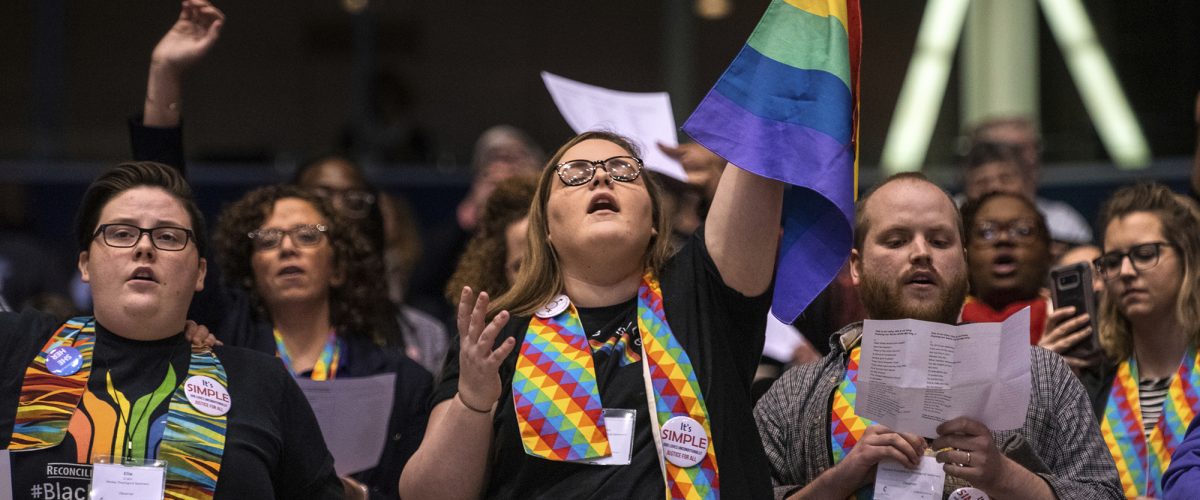Sociologists Nancy Malcom and A.J. Ramirez, both United Methodists, hoped they might get at least 50 responses when they first started to research why LGBTQ church members and their allies stayed in a denomination that officially condemns “homosexual practice” as “incompatible with Christian teaching.”
Instead, they got more than 1,500 people answering an online survey — so many responses the sociologists had to close the survey early. Even more surprising, fully a third of those respondents agreed to follow-up interviews via Zoom.
Ultimately, Malcom and Ramirez interviewed 114 LGBTQ United Methodists and allies on the focus of their research.

Nancy Malcom

A.J. Ramirez
Malcom and Ramirez released their results in an exclusive series of articles for United Methodist Insight, an online journal. Their results have been published in three parts: those who leave the UMC, those who stay but “disconnect” from the UMC beyond their local church, and those who continue to struggle with staying.
A common theme among the interviewees was their devotion to Methodism, Ramirez said. “They would indicate they were, ‘born a Methodist,’ and there was such a strong foundation involved, that even though they were being spiritually abused,” they stayed in the church.
Ramirez, who is also a licensed psychotherapist, said many interviewees reminded her of clients caught in domestic abuse situations: “Even though they’re being abused, they’re able to look past so much of the deficit to see that there’s still good there, and sometimes there is. It created for me this sense of ‘this is one reason why I’m still here.'”
Among themes Malcom said she noticed were:
- Interviewees said, ‘I want to change the church from within, and if I don’t stay, who will be left to work for change?”
- Same-sex marriages. “People brought it up so often.”
- Many of the interviewees were heterosexual, older United Methodists.
“We thought it would be the older white generation who weren’t OK with LGBTQ inclusion, but it was actually a younger generation who were creating more of an issue in some of the congregations,” Ramirez said.
“It was actually a younger generation who were creating more of an issue in some of the congregations.”
Still, Malcom cautioned not to assume from the interviews that all older United Methodists are LGBTQ-affirming because the survey included only self-selected persons who support full inclusion. “But there are lots of allies out there,” she added.
Many of the interviewees said they came to believe in LGBTQ inclusion through Bible study.
“They said they got into what the Bible says about sexuality,” Malcom explained. “A clergyperson said, ‘I want people to know that (LGBTQ inclusion) comes from Bible study, because the Bible is the authority.'”
The two sociologists had different perspectives on whether their research will have lasting influence on the the UMC’s future.
Ramirez said she sees a parallel between the UMC’s current situation with past conflicts over the abolition of slavery and women’s rights. Since many non-affirming United Methodist churches are exiting the denomination, it’s possible the stories of LGBTQ people who stay in the UMC will shape its future, she said.
Malcom said she sees “a lot of hope” from their interviews. “People who have more hope (for LGBTQ inclusion in the UMC) want to talk about it,” she said.
Most all, Malcom said she hopes their interviewees’ stories will enlighten United Methodists “that we’re talking about people and not an ‘issue'” when it comes to human sexuality.
Ramirez concurred. “These are lives, these are human beings, these are souls. If we’re going to be the Methodists we say we are, it goes back to those three simple rules (found in the UMC’s doctrine): Do no harm, do good, love God. It just feels like we’ve moved away from that in so many ways.”
Surprisingly, many of the interviewees who said they were leaving or had left the UMC saw racism in the church as a bigger problem than LGBTQ inclusion, Malcom said. Most of those departing are younger people who can’t or don’t want to cope any more with the church’s failure to address its own institutional injustices.
Related articles:
United Methodists elect married gay clergyman among 13 new bishops who represent many other firsts


